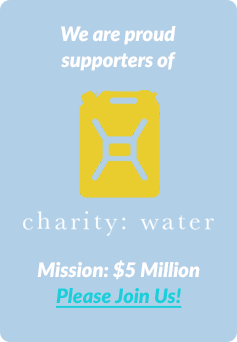“Don’t follow in the footsteps of the masters… seek what they sought.” – Tim Kerr
In the engineering world there is a concept called reverse engineering.
Reverse engineering means taking something apart to see how it works in order to duplicate it. By analyzing its components, the idea is that you can figure out the features that make it work.
It’s a useful idea if you want to understand what makes your favorite gadget tick, but it’s not so good as a way to chart your life.
Let’s look at an example. There is a company that collects and shares college admission essays from admitted students. This company analyzed the essays they’d collected from Ivy League students and found some interesting insights. Certain words and themes seem to be favored by each school.
This is not a surprise, each school has its own culture and values. Rarely is a student accepted to every Ivy League institution even if they have straight As and perfect test scores. Different schools look for different types of students.
The news reporting about this company’s findings, however, gave the results a different spin: using certain words will win admission to elite schools. One story boldly stated, ‘use these two words to get into Harvard’.
I cringed when I heard this story. I imagined stressed-out high school students and panicky parents scrapping their original, thoughtful essays for last-minute rewrites that cram in the words cancer, difficult, hard and tough for Harvard and happy, passion, better and improve for Stanford (just to cover all the bases).
So, what’s wrong with giving yourself a little edge by duplicating what worked for someone else? If it worked for them it can work for you, right? Not exactly. Because reverse engineering has a significant limitation – while you may identify certain features of the successful outcome, you miss the experience of creating the thing you want to copy.
If you use the college-specific words in your essay but these words are not your voice – not the words you would choose to convey your story – you are presenting a phony version of yourself.
When it comes to college admissions, an experienced essay reader will likely see through the forced vocabulary because the essay will be missing the energy of authenticity. But whether it is accepted or not, it will be the phony, edited, reverse-engineered version of you that they are looking at instead of the authentic you.
You’ll have stifled your unique, genuine voice.
You may find yourself trying to succeed in an environment that isn’t the right fit for you.
And you may feel compelled to keep up the masquerade of the manufactured person you think you need to be in order to fit in.
What’s more, you’ll miss out on letting the real you lead the way, finding the people and places and opportunities that guide you to grow and learn and discover who you are and what’s meaningful for you.






